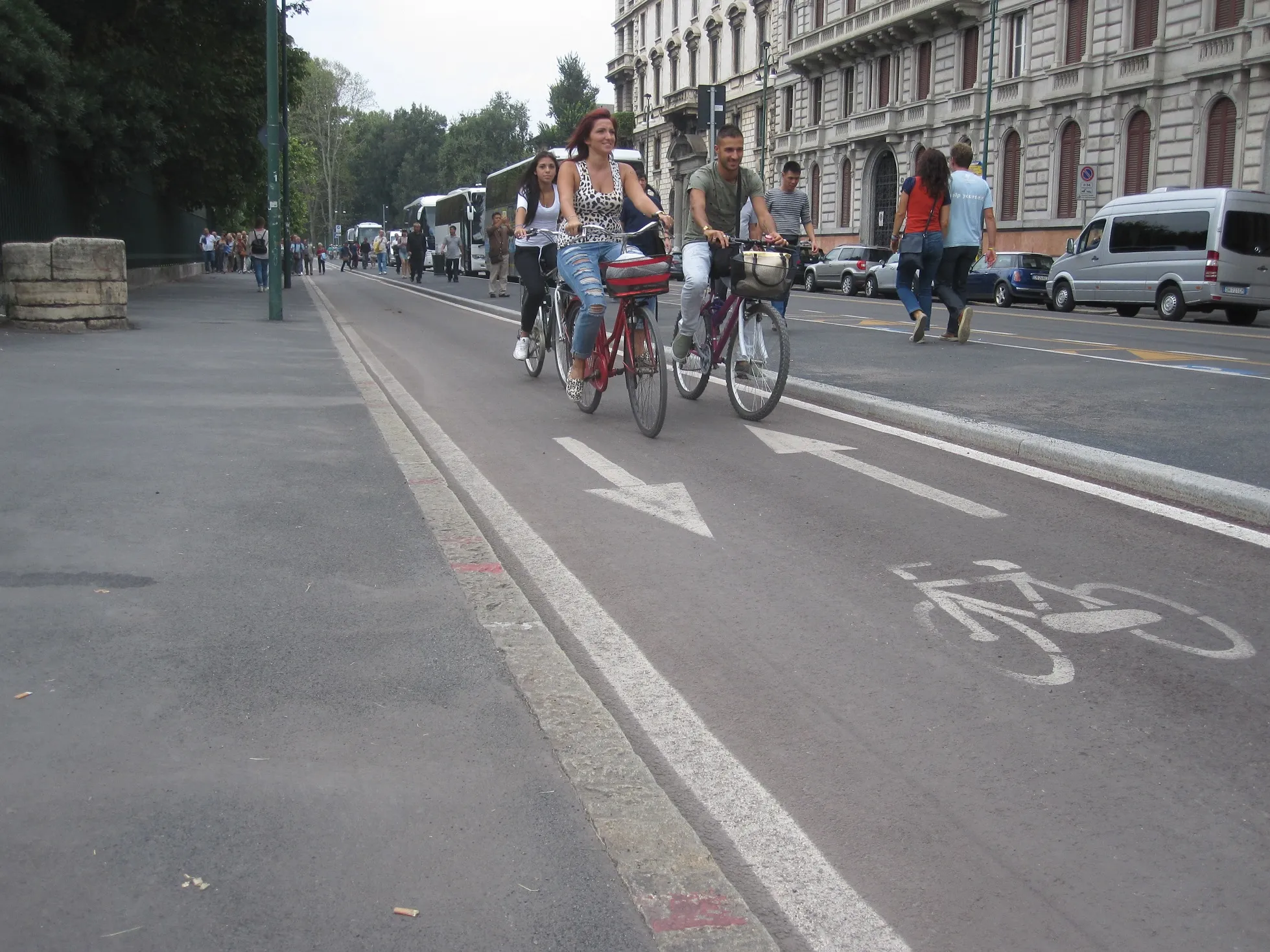
Italy will invest around €600 million ($643 million) to develop 1,800km of tourist and urban cycle routes.
The Ministry of Infrastructure and Sustainable Mobility said the money will be from the country’s National Recovery and Resilience Plan devised to boost the economy after the past two years of Covid lockdowns that included temporary business closures.
The ministry said it is also working with the Italian railway network and 45 municipalities on a project to connect rail stations and universities via bike paths.
A general plan for cycling mobility will be issued in summer 2022, according to the government.
Connected up cycling is becoming more important across Europe as the way to keep cyclists from giving up their Covid habit of pedalling to work and for pleasure.
The Ile-de-France region, which surrounds and includes Paris, recently announced that it will contribute €300 million ($331 million) towards the first stage of the RER Vélo bike path project, an ambitious plan to create new cycling paths and connect up existing cycling paths and lanes to form a 725km network by 2030.
In North American many cities are creating more bicycle lanes. However, they are moving away from the philosophy of “vehicular cycling” where a cyclist uses a traffic lane as if the bicycle were a vehicle. This was fine for those cyclists whom engineering literature calls the “strong and fearless”. The philosophy is shifting to what is known as “sustainable cycling”.









